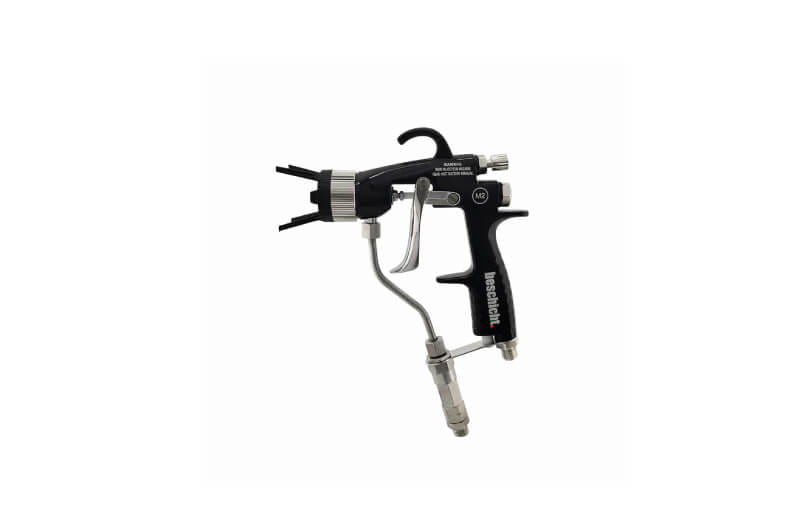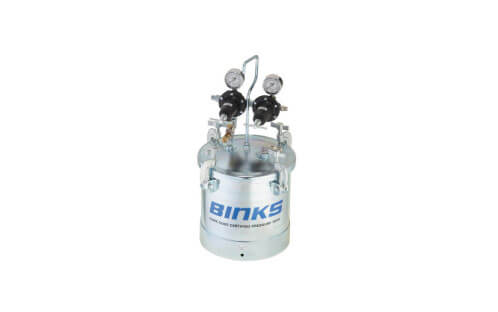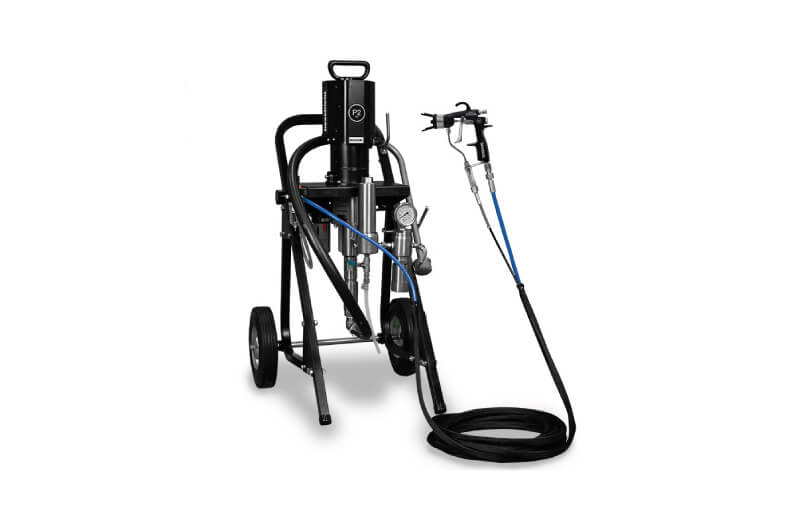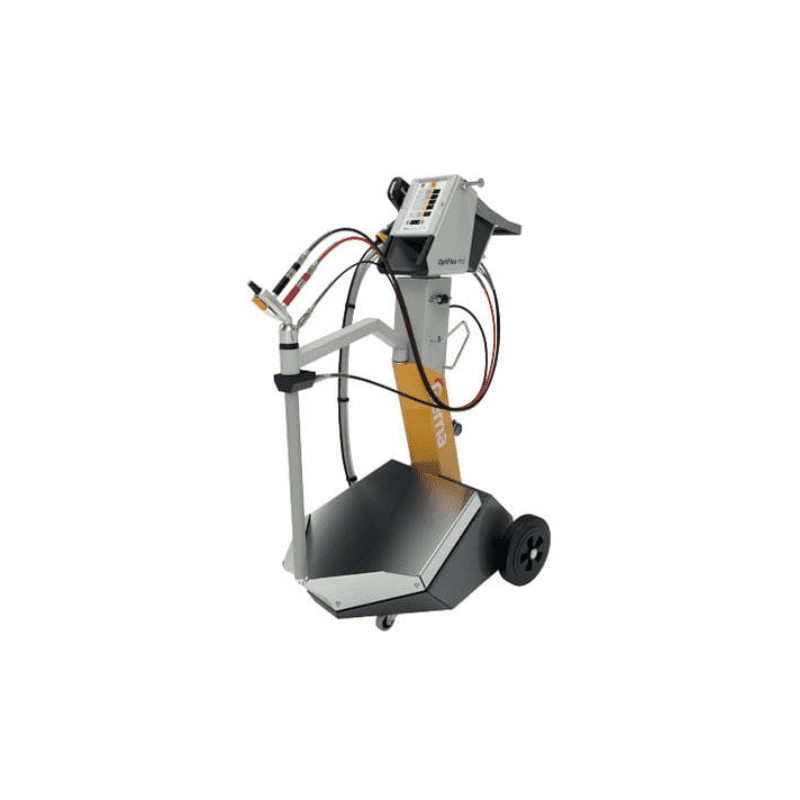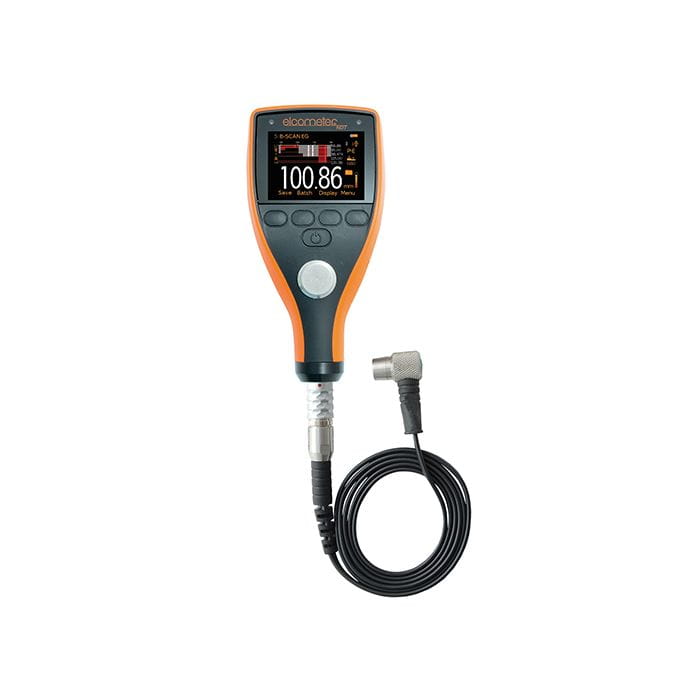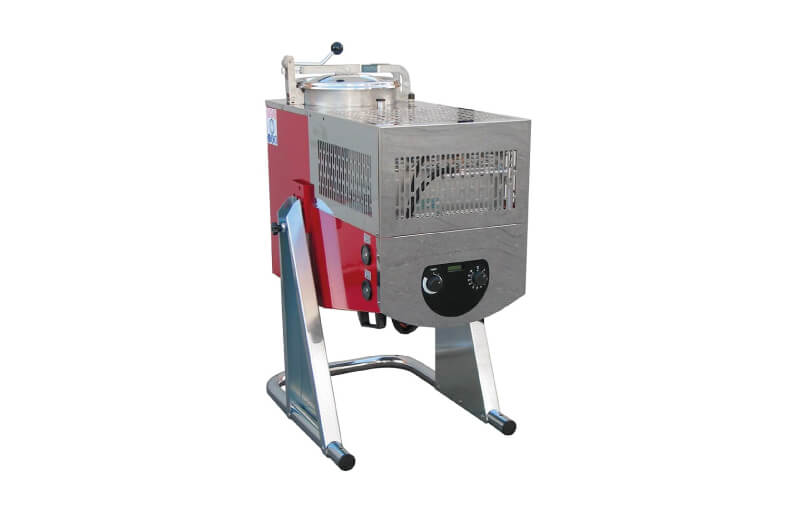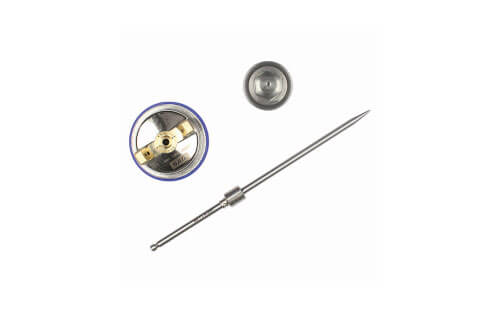Compact porosity tester DC30
€2,975.00*
Ready for shipping in 1-3 days
Compact DC30 porosity tester according to ISO 2746; 0-30 kV
The test is carried out with a low-energy high DC voltage. The test voltage can be adjusted continuously from 0 to 30 kV. The test voltage to be set depends entirely on the thickness of the layer to be tested. Therefore, the layer thickness should be measured before testing to avoid voltage damage. Each device comes with a table that can be used to determine the test voltage to be set for the various layer thicknesses. During the test, the test brush is slowly brushed over the layer to be tested at a speed of about 30 cm/s. A defect is indicated by sparking and additionally by a visual and acoustic signal. The sensitivity is adjustable. Variously shaped test brushes are optionally available for an optimal test: fan and flat brushes and round brushes for internal and external testing on pipes.
What is the general purpose of a porosity tester?
With a porosity tester, you can test surface coatings to protect against:- external and internal corrosion
- consequential damage due to minimal coating defects
- damage to highly sensitive foodstuffs
- dangerous chemical reactions
- cost-intensive re-coating due to undetected defects
| Synonym: | Pinhole, Pinhole detector |
|---|
- Product number: 1007012
- Manufacturer: -
Register

